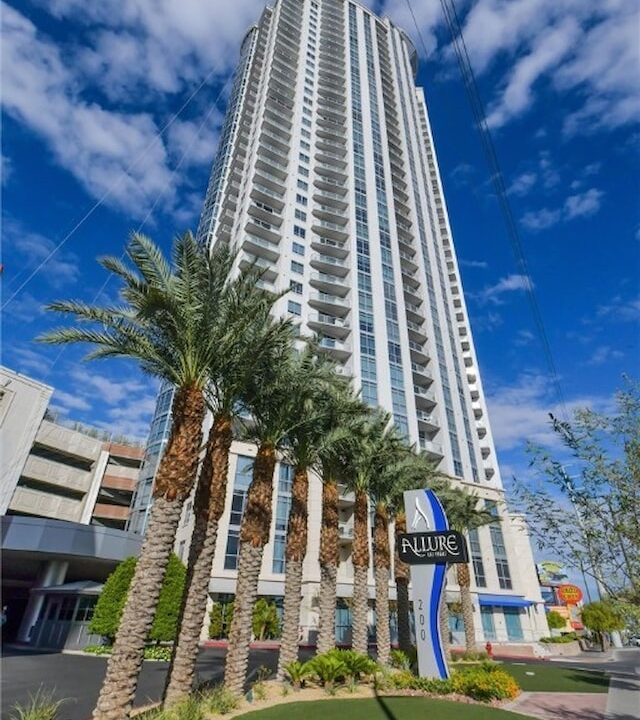- Sales: +1 385 334 4390Support: +1 801 396 2521
What is Cellular Amplification?
3 August 2022Groove Technology Solutions Acquires Cellular Amplification Service Provider Ekho Comm
28 October 2022Hotels depend on guests having a great time during their stays, and reducing dropped calls is one of the best ways to improve guest satisfaction.
Ensuring your guests have a strong cellular connection is vital to creating a positive experience for them, promoting repeat business and good reviews, according to HotelManagement.net. They may never notice good connectivity but will undoubtedly remember lousy connectivity. So eliminating dead spots and reducing dropped calls should be high on your priority list.
Before we get into the tips for reducing dropped calls, let’s discuss why this happens and what a dead spot means.
Why Do Cell Phones Drop Calls?
A dropped call occurs when your connection with a cellular network is interrupted for whatever reason, and you suddenly find you’re talking to yourself. This usually happens because the network signal becomes weak. For example, this might occur while driving when you pass behind a hill blocking the signal from a cellular tower or you get too far away from the tower.
When you’re stationary, there are a few reasons your phone might drop a call:
A Dead Spot: In this context, a dead spot (or dead zone) is where a cellular signal is weaker than surrounding areas. Different obstructions can cause dead spots:
- Topography – hills, mountains, and trees
- Adjacent tall buildings
- The building you’re in – metals, concrete, brick, and low-E glass
- Being underground – basements and subway tunnels
Distance from Tower: If you are a certain distance from a cellular tower, its signal will be weak for everyone using the signal, regardless of surrounding structures.
Signal Congestion: This happens when too many people at once try to access a network. This often happens during emergencies when many are calling for help or trying to reach family members. But as people increasingly use phone data to play games and access the internet, it’s not unlikely to experience signal congestion at a hotel during heavy travel times.
Weather Interference: Though uncommon, a heavy thunderstorm (and, to a lesser extent, snow and hail storms) can interfere with cellular signals.
How to Reduce Dropped Calls
There are different ways to reduce dropped calls depending on their occurrence. Here, we’ll look at a few options, starting with the easiest to implement and ending with the most ambitious.
1. Cell Phone Signal Boosters (aka Passive DAS)
This is usually the easiest solution for the most common reasons for dropped calls. A booster uses one or more outdoor antennae to capture signals from cell towers, which are then sent to an amplifier or repeater to be strengthened. Signals are then sent to internal antennae for broadcasting.
These systems are the most economical way to amplify cellular signals to combat dead spots in most hotels. They can be installed in a few weeks without interrupting hotel operations significantly.
Signal boosters need access to an existing signal to amplify within the building. For example, you may need stronger antennae if your signal is already weak due to distance.
2. Provide Strong WiFi for Guests
This provides a workaround for dropped calls due to network congestion and weather-related interference. In addition, if cell phone service is unreliable, WiFi can give access to the internet and VoIP calls and relieve some of the strain on the cellular network.
Keep in mind that WiFi networks can become congested for the same reasons cellular networks do, so this may only provide a solution to a point. But with high-speed fiber available in many areas, you can get your bandwidth pretty high to act as a buffer if cellular service does start to falter.
Of course, WiFi isn’t the same good cellular connectivity for all uses, and it shouldn’t be seen as a replacement.
3. Active Distributed Antenna System
These systems are very powerful and often used in large complexes like airports and conference centers. They convert analog radio signals into digital for near-lossless conveyance along fiber optic cables. The signals are then reconverted to analog for broadcast.
The good thing about Active DAS is that it has a powerful signal and range, which is why it works for extensive indoor facilities. However, installing systems can be very expensive in terms of equipment cost, installation time (as long as 18 months), and the obtrusiveness of running fiber optic cable throughout your building.
Another barrier to Active DAS is that you need permission from each carrier you wish to amplify. And this can come with substantial contracts.
The bottom line is that Active DAS provides significant cellular amplification through large indoor spaces, which makes it an excellent option for massive structures. But it is also a considerable investment, which may not be the best option for the average-sized hotel.
4. Building Materials/Structural Design
This is a remedy that hotels can improve to a point, but once your hotel is built, you will have limited options other than replacing coated windows that may reduce cellular signal.
If you are in the design stage, you can choose a more open layout and materials that promote stronger signals. Of course, you can’t omit concrete and steel from your building, but you can minimize areas so closed that cellular service can’t reach them.
5. Build Within Range of a Cell Tower
This goes back to one more step: choosing the plot of land for your hotel. There are many things to consider when choosing your location. Make sure you know what you’re dealing with regarding cell service before you commit.
If you’re catering to a more adventurous crowd on the edge of civilization, you may have to accept weak cellular signals as a fact of life. But make sure that’s a calculated decision, knowing the capabilities of other options to strengthen the signal for your guests.
Groove Technology Solutions Can Guide You to the Right Solutions for Your Hotel
Ensuring reliable cellular service to your guest is non-negotiable in today’s world. If they repeatedly struggle with dropped calls while at your hotel, that’s what they’ll remember. This means you need a plan for reducing dropped calls in your hotel. Luckily, Groove is here to help.
From choosing the system that best meets your needs to expert installation and support, Groove can help you provide the best quality cellular service for your guests. Contact us today to discuss your options and get an estimate.



